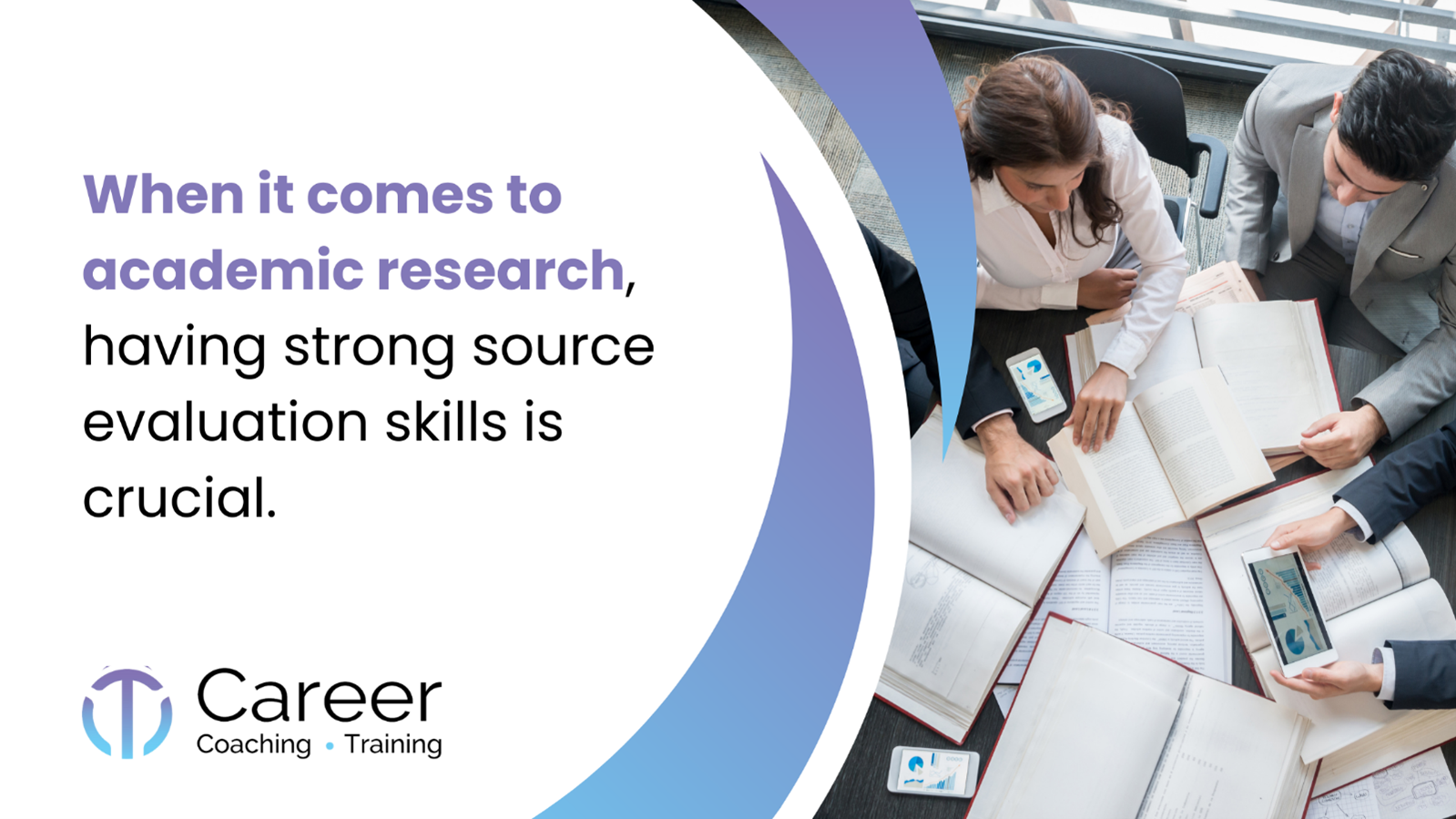
Essential Research Skills
In the pursuit of higher learning, the importance of research skills cannot be overstated. Whether you're drafting a thesis, writing a term paper, or completing a research project, the ability to conduct thorough and effective research is crucial.
The Cornerstone of Academic Success
Research is the bedrock of academia. It empowers students to uncover new insights, validate theories, and contribute to their field of study. However, strong research skills aren't innate; they are developed through practice and guidance.
1. Finding Reliable Sources
The digital age has made information more accessible than ever before, but it has also increased the prevalence of unreliable sources. One of the critical skills you will develop in the "Essential Research Skills" course is the ability to discern credible sources from dubious ones. You’ll learn:
- Database Navigation: How to effectively use academic databases and libraries.
- Source Evaluation: Techniques for evaluating the authenticity and relevance of sources.
- Citation Mastery: Understanding different citation styles and their importance in academic writing.

3. Using Evidence Effectively
A well-researched paper is supported by solid evidence. This course will teach you how to use evidence to bolster your arguments and make your claims more persuasive. You will learn:
- Evidence Integration: How to seamlessly integrate evidence into your writing without disrupting the flow.
- Supporting Claims: Techniques for using evidence to support your thesis and main points effectively.
- Avoiding Misinterpretation: Ensuring that you interpret evidence correctly and avoid common pitfalls in data analysis.

2. Evaluating Information Critically
Finding sources is just the first step. The ability to critically evaluate information distinguishes a good researcher from an average one. Throughout this course, you will enhance your critical thinking skills by learning how to:
- Analyze Arguments: Break down complex arguments to understand their components and assess their validity.
- Detect Bias: Recognize bias in sources and understand its impact on the information presented.
- Contextual Understanding: Place information within the broader context of your field of study to gauge its relevance and importance.

4. Avoiding Common Research Mistakes
Even seasoned researchers can fall into common traps. The "Essential Research Skills" course prepares you to avoid these pitfalls by covering:
- Plagiarism Prevention: Understanding what constitutes plagiarism and how to avoid it.
- Overcoming Confirmation Bias: Recognizing and overcoming the tendency to favor information that supports your preconceptions.
- Efficient Note-Taking: Strategies for effective note-taking and organization to streamline your research process.

 Contact Us
Contact Us